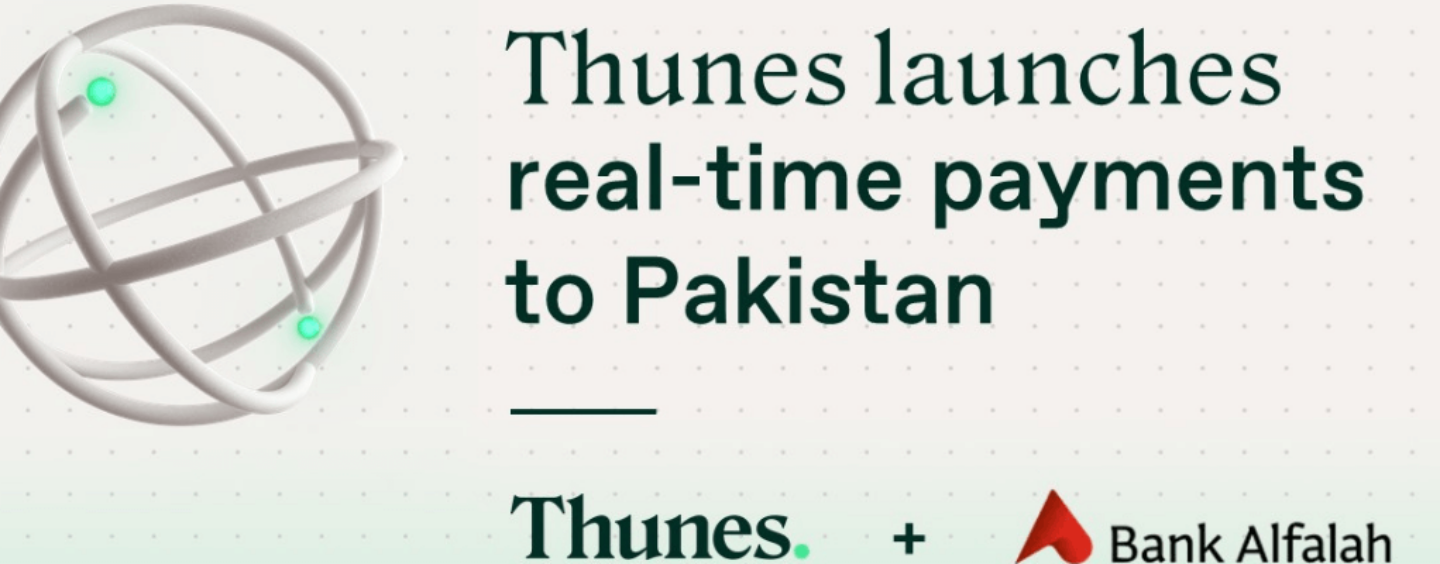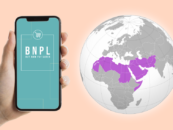Singaporean fintech Thunes has announced a partnership with one of Pakistan’s largest banks, Bank Alfalah. The partnership will enable the global payments fintech to offer cross-border payments in Pakistan, a statement said.
Both Abu Dhabi Group-owned Bank Alfalah’s clients and the wider Pakistani banked population will be able to access Thunes’ payments offering. The facility will allow them to make cross-border payments in near real-time.
With the partnership, Thunes’ global network for inbound consumer or business payments now extends to 113 countries.
Andrew Stewart
“Historically, cross-border money transfers to Pakistan have been complicated by the lack of transparency, long waiting times, and burdened with hidden fees. We are glad to create infrastructure that will benefit families, remote workers and communities across the nation who depend on money sent from overseas for their livelihoods.
And we are looking forward to continuing our collaboration with Bank Alfalah, strengthening the financial ties between Pakistan and the rest of the world, and staying true to our vision: providing accessible, transparent and affordable payments,”
Andrew Stewart, Global Head of Networks at Thunes, said.
Cross-border payments in Pakistan: A billion dollar opportunity
Bank Alfalah has similar partnerships with other companies offering cross-border payments in Pakistan, such as TerraPay and ACE Money Transfer. These partnerships are largely aimed at the Pakistani diaspora and expat workers remitting funds to Pakistan.
According to the Bureau of Emigration and Overseas Employment for Employment Abroad, there are over 11 million Pakistani expat workers across the world, as of 2021. An overwhelming majority of these are located in the six Middle Eastern countries of Saudi Arabia, the UAE, Oman, Qatar, Bahrain and Kuwait.
As of June this year, remittances worth US$29.4 billion were received in Pakistan, a growth of 27% over US$23.13 billion received last year. Of these, workers’ remittances accounted for $2.7 billion, continuing a trend of 8% month-on-month for this category.
Featured image credit: Thunes









No Comments so far
Jump into a conversationNo Comments Yet!
You can be the one to start a conversation.